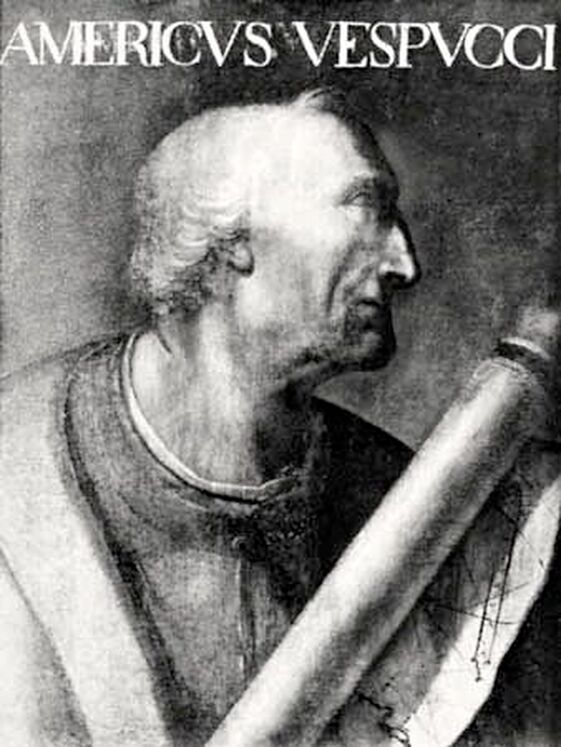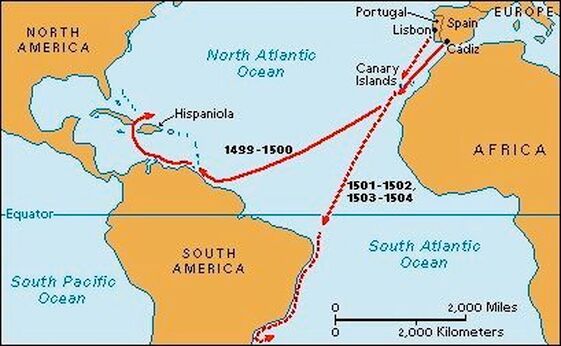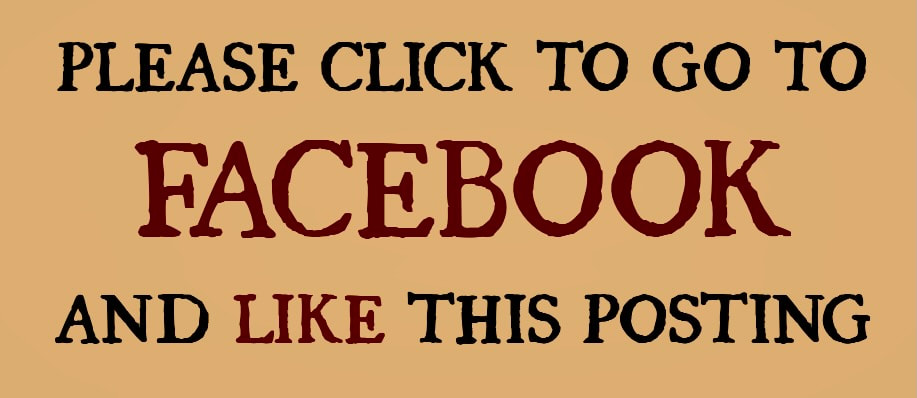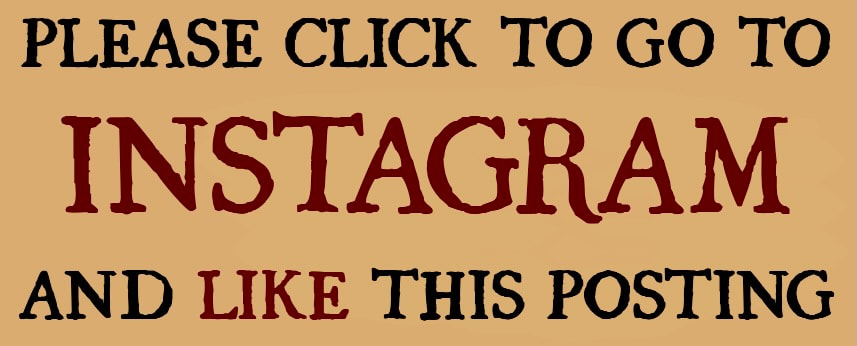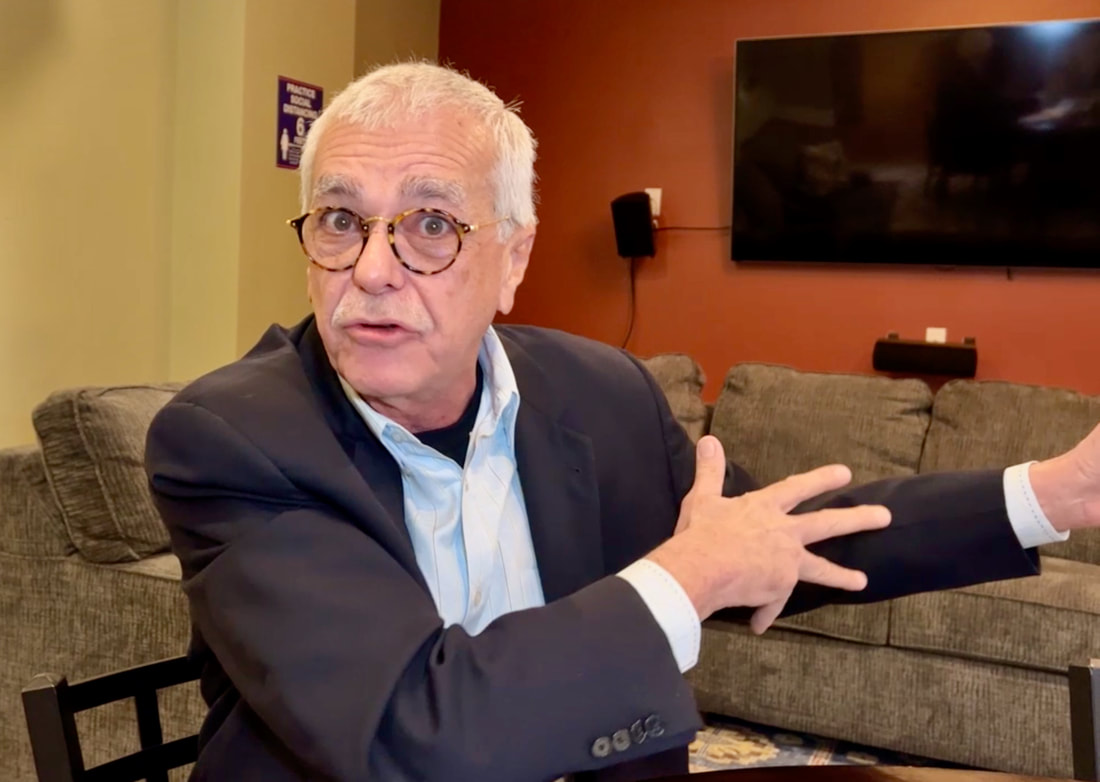8. We Are All 'Americanos'
|
By Miguel Pérez
September 16, 2008 - Perhaps I had not been paying attention, but now that I'm in the midst of writing a series of columns on the Latino contributions to North American society, I see a history column everywhere I look. When Sen. John McCain reminded us that a Latina daughter of migrant workers is just as "American" as a boy whose ancestors were on the Mayflower, most people rightfully read it as a subtle message on U.S. immigration policy. I did, too. But I also saw a Latino-history column in the making. Hurricane Ike devastated Galveston, Texas, and most people rightfully worried for the safety of our fellow Americans in the stricken area. I did, too. But I also saw another Latino-history column waiting to be written. It happens almost every week. There's always something in the news that suggests that I should write a new chapter on "America's Hidden Hispanic Heritage." When McCain accepted the Republican nomination for president and courageously said, "We're all God's children, and we're all Americans," many Latinos read much more than a message about immigration. After all, for many years, we have been arguing that you can be an American even if you never have visited the United States. In Central America and South America, as well as the Caribbean and Canada, we are all Americans! Since the 16th century, long before the term "Americans" was used to describe the people of the United States, it was used to denote the indigenous people of the New World. Even the word "America" comes from south of the border. Long before it was used to describe the United States, it applied mostly to South America, the part of the hemisphere discovered and explored by its namesake, Amerigo Vespucci, an Italian who sailed for Spain. I was getting ready to write a column on the origin of the word "America" — and how it was a German cartographer, Martin Waldseemuller, who Latinized "Amerigo" into "America" and first used the word on a 1507 map of the New World — when I realized that there was another Hispanic-history column that had to be written this week. As Ike devastated Texas' east coast and Galveston Island, I kept wondering how many Americans know that "Galvez-town" was named in honor of Bernardo de Galvez, a general who led the Spanish army and scored major victories against Britain in places such as Pensacola, Fla., during the Revolutionary War. It was Galvez and his men, mostly Hispanic Americans, who kept the British away from George Washington's flanks and helped the 13 Colonies win their independence. This is Hispanic Heritage Month — Sept. 15 to Oct. 15 — a time that should be used to recognize the accomplishments of people such as Galvez. It should be a time to remind our fellow North Americans that, like Galveston, seven U.S. states — as well as hundreds of landmarks, rivers and cities — have Spanish-origin names because they were first explored and settled by our Spanish ancestors. |
Unfortunately, between now and Oct. 15, Latinos will attend many fiestas and parades that have little to do with Hispanic-American history, and great opportunities to teach that history will be lost.
Yet this is the month when Latinos should stock up on historical ammunition so they can defend themselves from those who would treat them disparagingly, as if they were recently arrived and unwelcome foreigners.
When some U.S. citizens call themselves "Americans" and look down on their hemispheric neighbors, let's remind them that in the Caribbean and from the U.S.-Mexico border to the tip of South America, there are millions of Latinos who are just as "American" as they are. When they ask Latinos to "Americanize" their names, let's remind them that our Spanish surnames are as American as any other and that they arrived in North America long before any other European family name.
When they ask you how long you and "your people" have been in this country, tell them, "Several hundred years." And when they ask you how long you have been an American, even if you arrived in the United States last week, there is only one accurate answer: "All my life."
COPYRIGHT 2008 CREATORS SYNDICATE INC.
Yet this is the month when Latinos should stock up on historical ammunition so they can defend themselves from those who would treat them disparagingly, as if they were recently arrived and unwelcome foreigners.
When some U.S. citizens call themselves "Americans" and look down on their hemispheric neighbors, let's remind them that in the Caribbean and from the U.S.-Mexico border to the tip of South America, there are millions of Latinos who are just as "American" as they are. When they ask Latinos to "Americanize" their names, let's remind them that our Spanish surnames are as American as any other and that they arrived in North America long before any other European family name.
When they ask you how long you and "your people" have been in this country, tell them, "Several hundred years." And when they ask you how long you have been an American, even if you arrived in the United States last week, there is only one accurate answer: "All my life."
COPYRIGHT 2008 CREATORS SYNDICATE INC.

